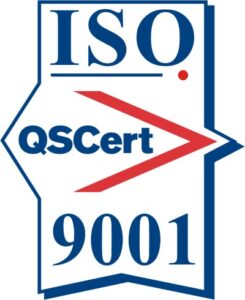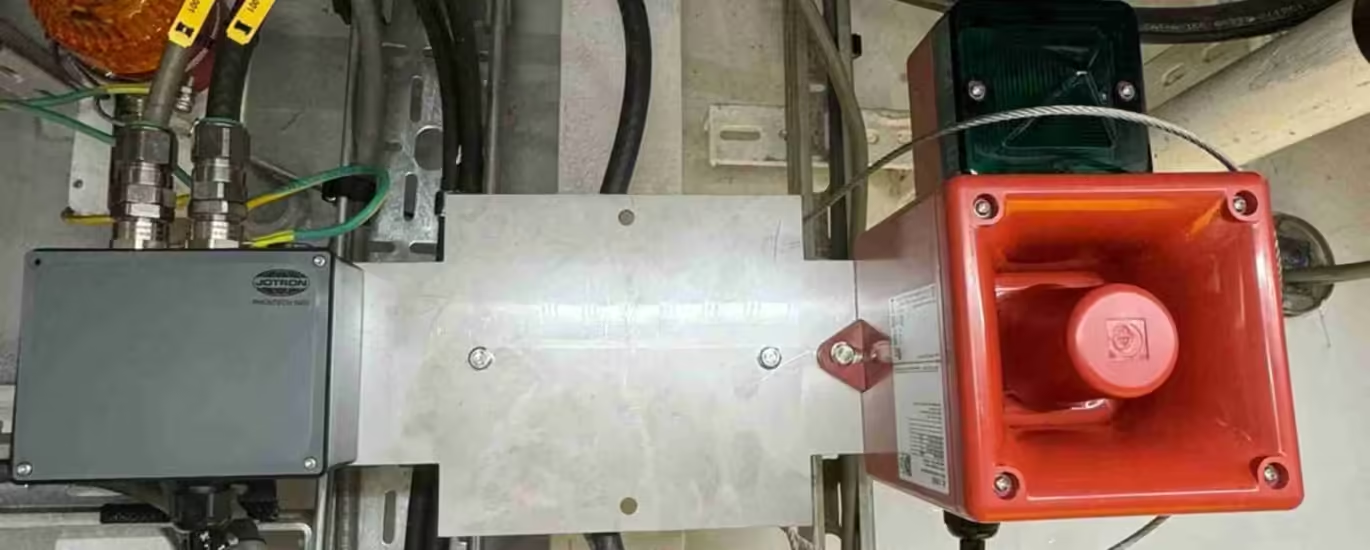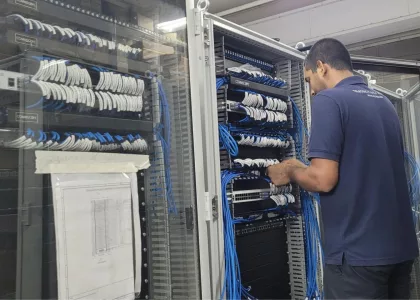Installing telecom systems for the offshore energy industry requires a blend of specialized technical knowledge, experience, and strict adherence to safety regulations. The offshore energy industry operates in some of the most challenging environments on earth. Maintaining uninterrupted communication between platforms, vessels, and onshore operations is crucial for safety, productivity, and efficient operation.
Installing telecom systems for offshore facilities such as oil rigs, wind farms, and floating production storage and offloading (FPSO) units requires specialized skills and planning to ensure they can withstand harsh maritime conditions. Lets explore the key aspects of installing telecom systems in offshore energy environments, from system requirements to common challenges and the importance of compliance with industry standards.
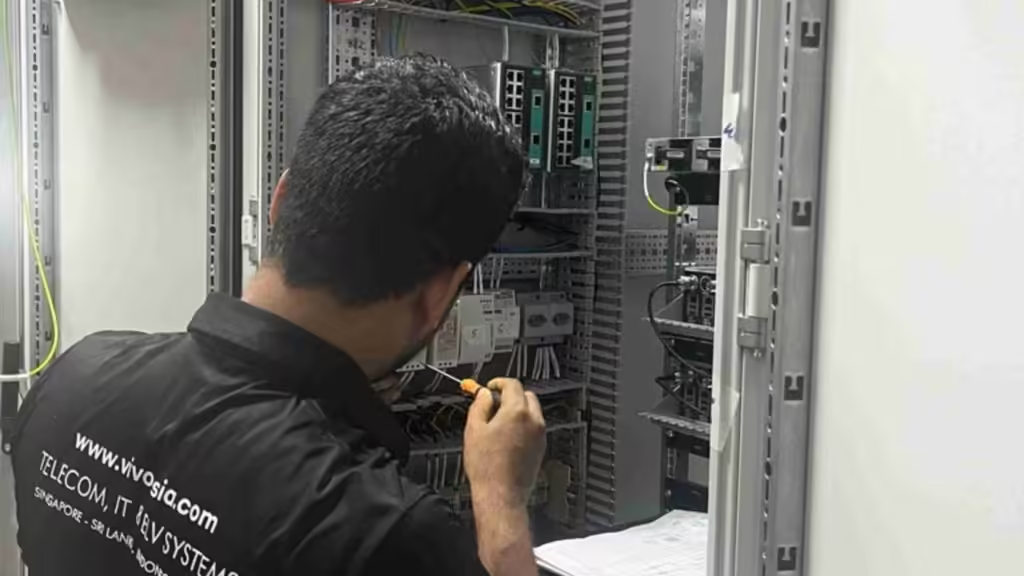
Understanding the Telecom Needs of Offshore Energy
Offshore facilities require robust telecom systems to support:
Voice Communication: Between personnel onboard and onshore teams for coordination and safety.
Data Communication: For operational control, monitoring, and reporting.
Video Surveillance: For security and monitoring of critical operations, often integrated with Video Management Systems (VMS) like Avigilon.
Public Address and General Alarm (PAGA): To ensure safety announcements reach all areas of the facility.
Marine Communication: For coordination with maritime vessels and helicopters.
Each of these systems plays a crucial role in keeping offshore operations running smoothly and safely.
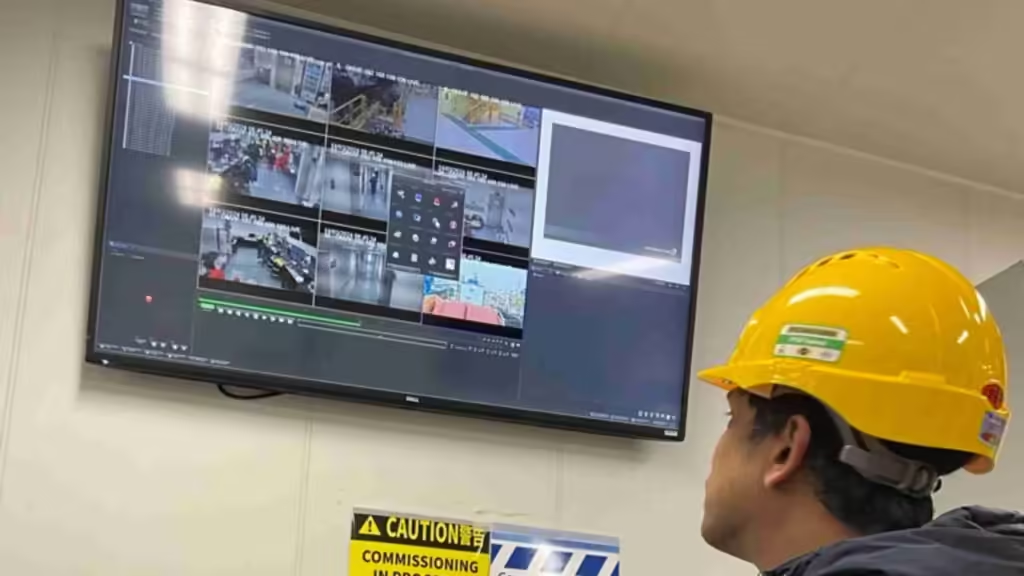
Challenges of Installing Telecom Systems Offshore
Telecom installations in offshore environments come with unique challenges:
Harsh Environmental Conditions: Systems must be designed to withstand high humidity, saltwater corrosion, extreme temperatures, and powerful winds.
Space Constraints: Platforms and FPSOs often have limited space, requiring compact and efficient system designs.
Regulatory Compliance: Offshore telecom systems must comply with marine and safety regulations, including ATEX certification for explosion-proof equipment and IMO (International Maritime Organization) guidelines.
Engineers need to consider these factors while selecting equipment and planning installation.
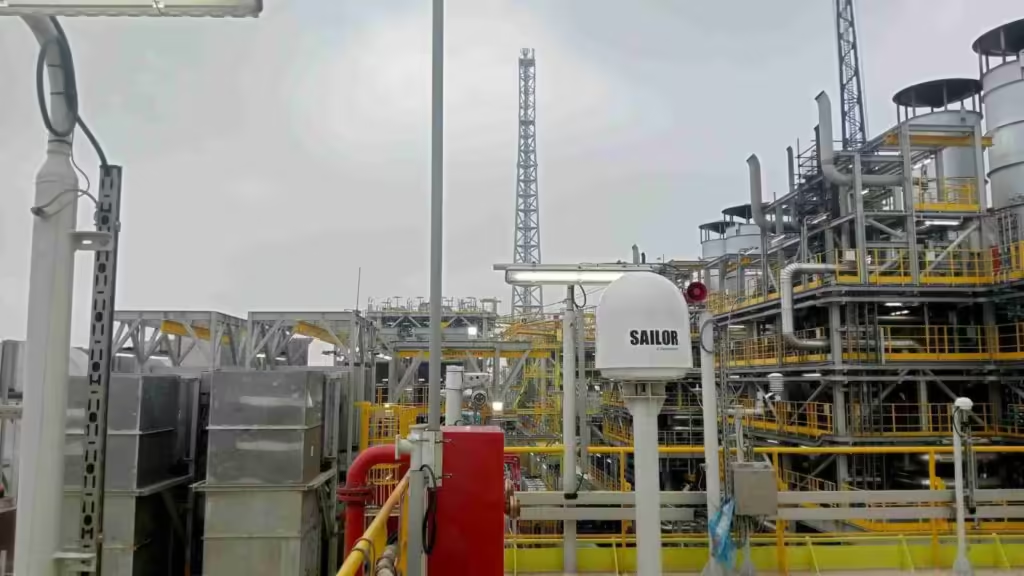
Importance of Compliance and Certifications
Telecom systems for offshore energy facilities must meet strict regulatory standards. Compliance ensures the safety of personnel and the smooth operation of communication systems in hazardous environments.
ATEX Certification: Ensures that equipment is explosion-proof and safe for use in potentially flammable atmospheres.
IMO Guidelines: Governs safety communications at sea.
IEC Standards: Address the general electrical and telecom installations for offshore facilities.
In addition to these, offshore telecom systems must often integrate with the broader communication infrastructure of the energy company, which can involve interoperability with satellite systems like Iridium, ensuring global connectivity even in remote regions.
Future Trends in Offshore Telecom Systems
With advancements in technology, the telecom systems used in the offshore energy industry are becoming more sophisticated:
5G and Private LTE Networks: Provide faster data transfer and more reliable connections in remote areas.
Satellite and VSAT Links: Improve offshore connectivity and enable real-time data sharing between offshore facilities and onshore operations.
Remote Monitoring and Maintenance: Allow for more efficient system management through centralized control and monitoring systems.
get The Right Team
If your company is planning an installation or needs expert telecom services, Vivo Asia Engineering & Trading is equipped with the knowledge and experience to deliver robust, compliant solutions tailored to the offshore energy sector.
Contact us to discuss your requirements: contact@vivoasia.com



